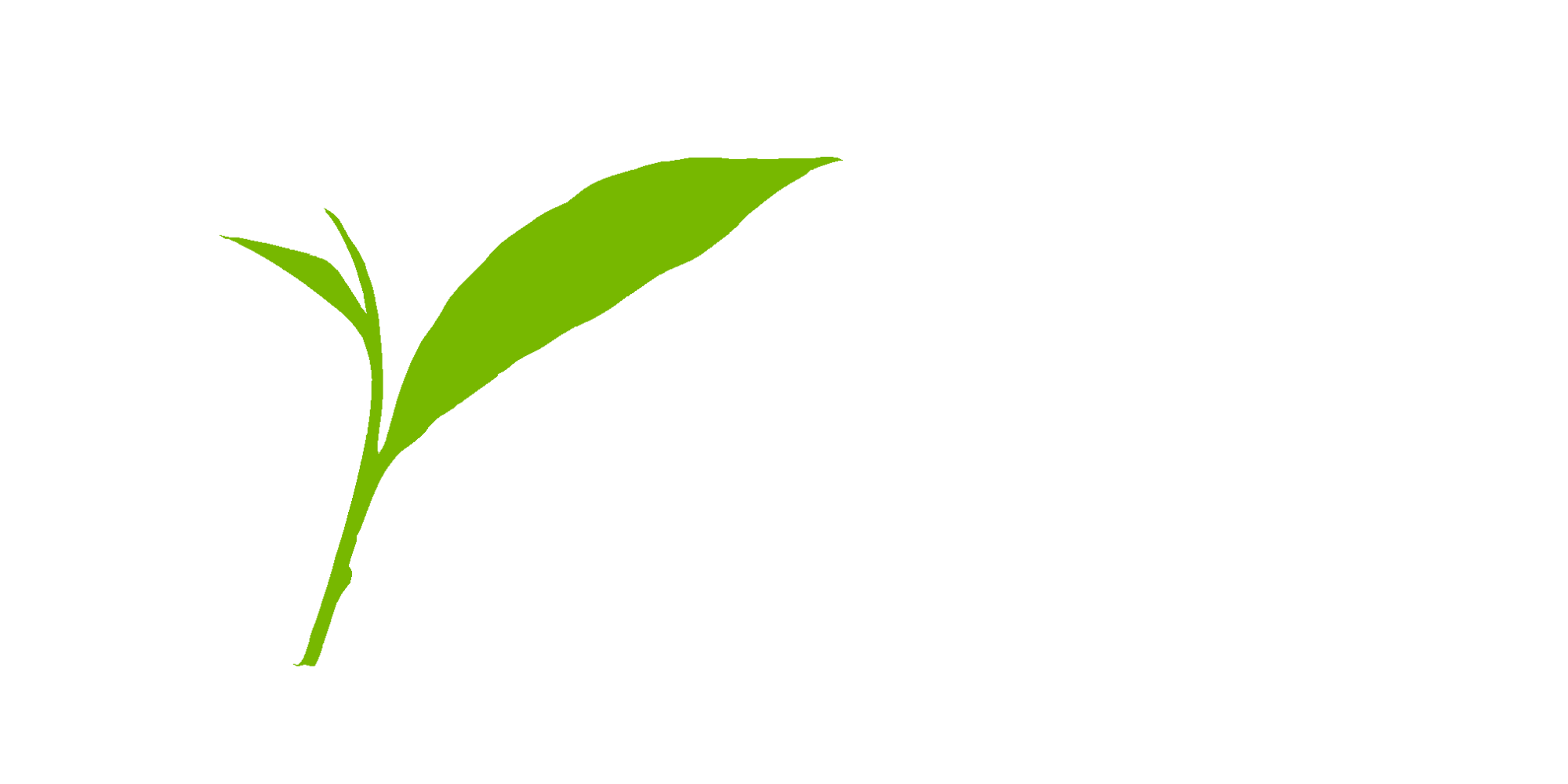
Not waving but drowning
S’pose I should actually write something on this blog from time to time!!
 Well, I’m about to head off on another set of journeys. This time it’s work related. After a short trip to Brussels to take part in the Alliance for Water Stewardship Roundtable, I’ll be heading off to Nigeria for a regional team strategy meeting, supporting their advocacy work. I’m part of WaterAid’s West Africa regional team, one of our regions consisting of Sierra Leone, Liberia, Mali, Burkina Faso, Ghana, Niger and Nigeria. There’s plenty I could tell you about each of the countries, but here are some snippets:
Well, I’m about to head off on another set of journeys. This time it’s work related. After a short trip to Brussels to take part in the Alliance for Water Stewardship Roundtable, I’ll be heading off to Nigeria for a regional team strategy meeting, supporting their advocacy work. I’m part of WaterAid’s West Africa regional team, one of our regions consisting of Sierra Leone, Liberia, Mali, Burkina Faso, Ghana, Niger and Nigeria. There’s plenty I could tell you about each of the countries, but here are some snippets:
- The Sahel region includes part of Mali, Burkina Faso, Niger and Nigeria. Traditionally, most of the people in the Sahel have been semi-nomadic, grazing livestock in the North during the wet season and migrating south during the dry period. Remember that Barclaycard advert with Rowan Atkinson walking off with a burning carpet saying ‘smell those Touareg campfires’?
- Niger is roughly 2/3 desert and is currently in the grip of a major food crisis. Every year, the country faces food shortages with a ‘hungry season’ from May to July, but this year it started in February. It is the lowest ranked country in the UN’s Human Development Report 2009. WaterAid has just started working in Niger.
- WaterAid has also just started working in the conflict-affected countries of Sierra Leone and Liberia, as a joint programme run from Monrovia.
- Nigeria are playing South Korea in the World Cup while I’m there :). Go Super Eagles!
 After that, I’m heading straight from Abuja through to Bangladesh (well, as straight as the ridiculous aviation industry will allow), where I’ll be for 3 weeks to work with WaterAid Bangladesh on climate change and disaster risk reduction, a combination of some field visits and advocacy work. Bangladesh suffers floods annually – largely due to increases on rain upstream rather than sea level rises (although storm surges from cyclones drive some floods). Flood season is June to September, during the monsoon. Other water related issues that Bangladesh face include arsenic contamination of wells, and salt-water contamination along the coast, driven by over-use of groundwater.
After that, I’m heading straight from Abuja through to Bangladesh (well, as straight as the ridiculous aviation industry will allow), where I’ll be for 3 weeks to work with WaterAid Bangladesh on climate change and disaster risk reduction, a combination of some field visits and advocacy work. Bangladesh suffers floods annually – largely due to increases on rain upstream rather than sea level rises (although storm surges from cyclones drive some floods). Flood season is June to September, during the monsoon. Other water related issues that Bangladesh face include arsenic contamination of wells, and salt-water contamination along the coast, driven by over-use of groundwater.
On the sanitation front, WaterAid’s partner, Village Education Resource Centre (VERC) successfully developed the Community Led Total Sanitation (unfortunately abbreviated as CLTS) approach, where communities work to create ‘open defecation free’ villages through changing attitudes and behaviours rather than just building toilets for individual households.
So there we go, a small taste of what I’ll be doing over the next month and some of the challenges in the countries that we work. More to come…